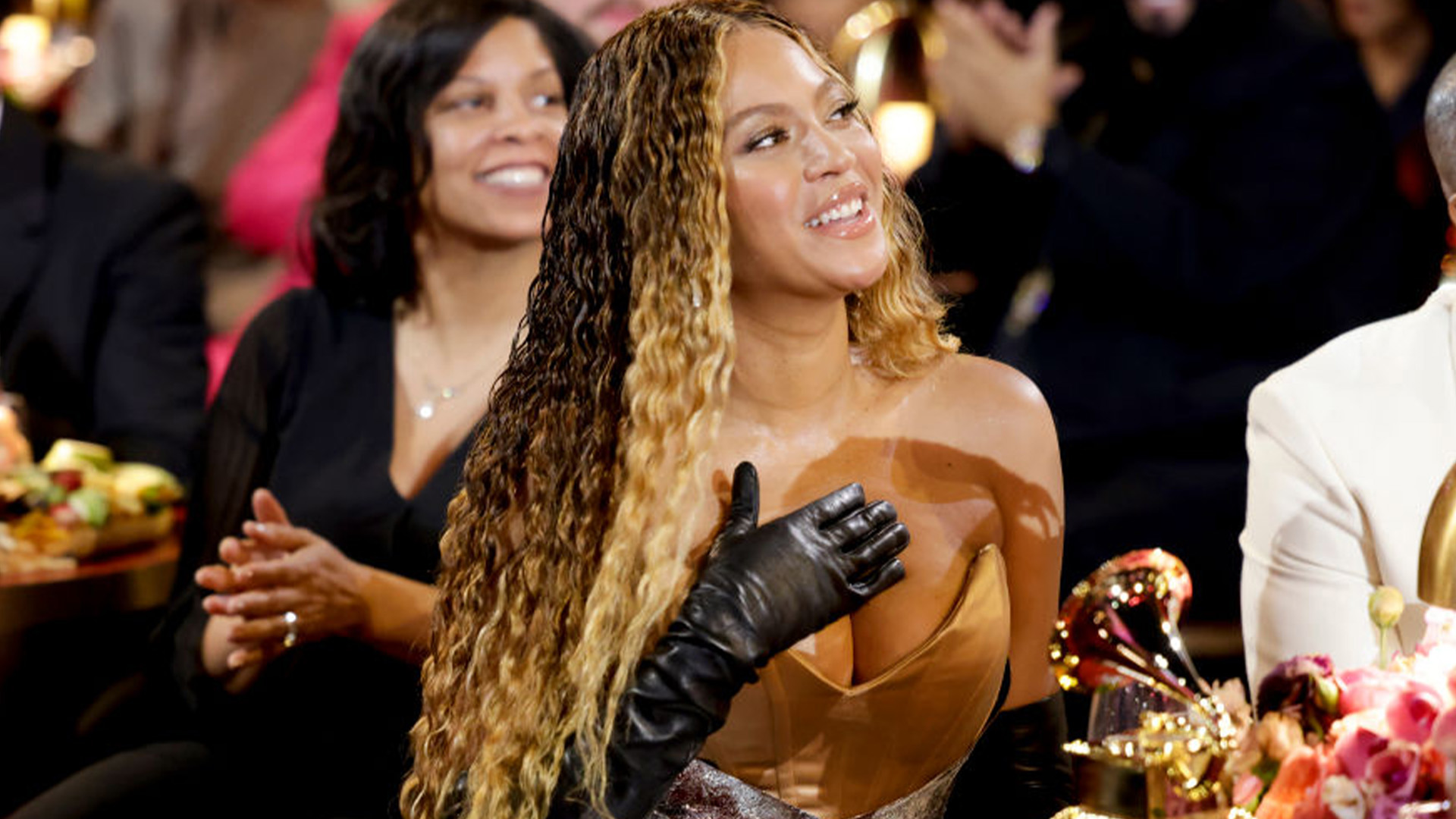Already, crowds were clamoring outside of an arena in Stockholm, Sweden, to catch a glimpse of the magic ahead of Beyoncé’s “Renaissance” World Tour.
Per Forbes, the tour has the potential to generate over $2 billion in revenue from tickets once the tour concludes in September 2023.
The estimate provided by Forbes is based off the calculation that each concert on the 57-stop tour sells out completely, and tickets on average cost between $200 and $678, according to Billboard and TicketSmarter.
“Ticket prices are only going up,” according to Armen Shaomian, an associate professor of Entertainment Management at the University of South Carolina, told Forbes in an email. “There are large sections of tickets on Beyoncé’s tour dedicated as B-Hive and Club Renaissance close to the stage, along with some shows where the entire floor level is a standing room club setting (Stockholm for example). Such tickets are all sold at a premium. Think of it as a flight having more first and business class seats that are sold at a premium, which pushes up the average fare.”
At minimum, Forbes says the tour could gross at least $382 million from ticket sales. This was calculated based on Billboard’s mention that she is projected to earn $6.71 million in revenue per show.
Forbes also points out that the “Renaissance” World Tour may generate more revenue than all her previous concerts combined, only if the higher estimation of revenue is reached.
“If Beyoncé reaches the high end of my most optimistic estimate, ‘Renaissance’ will far surpass the gross revenues of all her previous concerts,” Contributor Peter Cohan shared in his report for Forbes.
After the conclusion of the tour, Beyoncé could reportedly reach $1 billion in lifetime gross ticket sales. In total, she “has grossed $767.3 million and sold 8.9 million tickets across 375 shows, including those with Jay-Z and the Verizon Ladies First Tour, a co-headline run with Missy Elliott and Alicia Keys in 2004,” according to Billboard.
Furthermore, Beyoncé is expected to make $171 million from merchandise, at the assumption that she could possibly sell 30,000 items at an average price of $100 each. Based on David Herlihy’s — a Northeastern University Teaching Professor and Music Industry Program Coordinator — assumption, she could keep 80% of the merchandise revenue.
Per Forbes, “She would subtract off 20% of her ticketing and merchandise revenue share, per Herlihy, to pay for tour expenses — keeping the other 80% as Herlihy suggested.”
Shaomian also made assumptions about the superstar’s alleged strategy for tour merchandise.
“The lack of merch on Beyoncé’s online shop could also be a part of her strategy, in that tour-specific merch will only be available for purchase during her concerts, most likely at a premium,” Shaomian told Forbes.
Only time will tell how the numbers will add up in the end as the tour kicks off tomorrow on May 10.

















